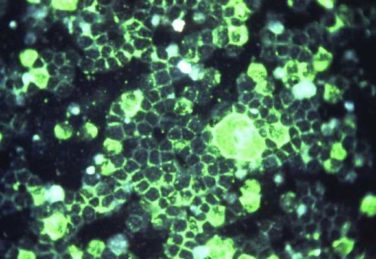REPORTING FROM THE COLLEGE 2018
TAMPA (FRONTLINE MEDICAL NEWS) – The far higher rate of eating disorders in women appears to be explained by a greater risk of acute tryptophan depletion, which is essential for the formation of serotonin – a key mediator of risk – according to an expert who spoke at the annual meeting of the American College of Psychiatrists.
“The specific vulnerability of women to eating disorders relates to the fact that women’s brains are much more sensitive to dietary intake of tryptophan than are men’s brains,” explained Allan S. Kaplan, MD, senior scientist at the Center for Addiction and Mental Health at the University of Toronto.
Almost 20 years ago, moderate dieting was found more likely in women to lower plasma tryptophan levels, impairing serotonin synthesis, according to Dr. Kaplan . About this time, a separate study associated acute tryptophan depletion with relapse of bulimia and depression in women. There is now a coherent hypothesis to explain why.
“Women are more likely than men to be dieting,” said Dr. Kaplan, describing the evidence. “Low-calorie diets tend to be high in protein and low in cholesterol and fat. Such diets lead to tryptophan depletion and decreased serotonin synthesis in the brain. Because of lower levels of central serotonin, women are more vulnerable to mood and eating disorders than men.”
Not all women who diet may be vulnerable to this sequence of events. Genetics are likely to be a factor. “Genes load the gun; the environment pulls the trigger,” he said.
However, women do appear to be at greater susceptibility for numerous reasons. For one, the mean rate of serotonin synthesis is 52% higher in healthy males than in healthy females, giving them a greater buffer when dietary intake of tryptophan is low. For another, evidence suggests that intake of nutrients most rich in tryptophan, such as carbohydrates and fat, typically is lower in women than in men.
The ratio of females to males for both anorexia nervosa and bulimia nervosa is about 10:1. Although at 2:1 the female-to-male ratio of binge eating is lower, those psychiatric diagnoses are more common among women. Several environmental factors associated with eating disorders are more closely associated with women than men, including a history of sexual or physical abuse and cultural emphasis on female body image. However, acute tryptophan depletion might participate in the translation of risk to an active disease, Dr. Kaplan said.
Acute tryptophan deficiency also might explain why treatment of eating disorders with selective serotonin reuptake inhibitors has proved disappointing. With low levels of tryptophan leading to serotonin depletion, “there is no substrate” for drugs administered to increase serotonin-mediated signaling, Dr. Kaplan said.
Ensuring adequate dietary intake of tryptophan, which is “found mainly in high-protein animal foods,” might be important, although Dr. Kaplan warned that achieving optimal levels of serotonin “can be challenging from food alone.” Nevertheless, behavioral therapies are commonly effective for eating disorders, presumably as a result of their ability to normalize diet.
Overall, the tryptophan hypothesis has provided a major shift in the understanding of eating disorders, Dr. Kaplan said. Further studies are needed, he said. The key message, he added, is that “for women’s brains, you are what you eat.”
Dr. Kaplan reported no conflicts of interest.





